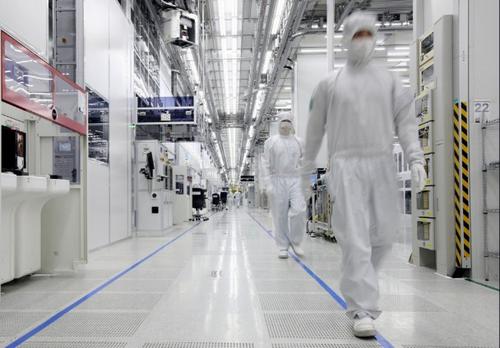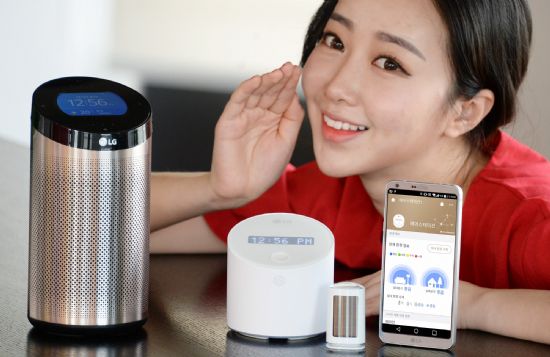
Korean fabless chip makers have been suffering from decade-long slumps since 2007, as the growing integration of peripheral chips into main CPUs across a number of devices has left little room for growth.
Once their cash crop, for example, image processor chips, or ISPs, multimedia chips, and other peripheral chips like front-end RF ICs and video encode and decoder chips have been integrating in mobile SoCs, a brain of smart phones and tablet PC as well as a single chip solution for PCs and TVs.
The industry’s ramp up to finer chip circuitry patterning technology allows top–tier chip makers like Qualcomm, Intel, and Samsung to pack as many chips as possible into a single piece of silicon wafers.
Overwhelming consolidations having swept through the industry is a testimony to how fast second-tier fabless chipmakers across the world have been surviving the integration, merging into top-tier chipmakers.
The integration has forced Korean chip makers to lose a playing ground to top-tier chip makers, failing to compete head-on-head with them in terms of economies of scale, time to market, and product portfolio.
According to Korea Semiconductor Industry Association, or KSIA, about 77 fabless chipmakers are operating their businesses today, compared with 150 fabless chip makers in early 2000s.
All of a sudden, however, AI comes out of nowhere, promising to grow as a new breeding ground for Korean fabless chip makers. The emergence of AI was necessitated by the innovations in the way that data are inputted, or UI technologies, the way that users interact with machines, as sensors like image-, voice-, and actuation-recognition sensors have been mushrooming, allowing devices to swallow tons of data in far easier and more intuitive way.

Unlike smart phone and mobile device chip markets, however, the very nature of AI chips is that they are being so widely used with a broad range of devices from TVs to mobile phones to speaker systems or refrigerators and washing machines that the market will grow fragmented.
The market fragmentations give Korean fabless chip makers unparalleled opportunities to carve out their niches.
Their target applications in focus are now AI speakers market.
AI speaker is a sort of voice-activated smart wireless speaker with an integrated virtual AI assistant software that offers interactive actions and hands-free activation with a command of voice for key words.
It can be easily installed in a broad range of devices and places from homes to cars to offices to help users voice-activate all operations. Once adopted in car, for example, users can activate the car infotainment system or navigation with a command of voices.
The advantage of easy and widespread use also makes AI speakers to work as a hub or center of smart home and next IoT platform, helping easy management and control of the connected IoT devices in the house or network.
Due to AI speaker’s typical role, it will have a great influence on how the IoT ecosystem will be formed.
So, the players in the ground see that the one who seizes the AI speaker market will lead the next IoT platform market.

Global tech giants including Samsung, Amazon, Qualcomm and Conexant are aggressively jumping into the market.
What matters to Korean fabless chip makers is that more than 4~6 chips are used to build an AI speaker. The chips in the speakers are generally used for voice-recognition, wireless connection, and filter noises.
Among Korean fabless chip makers eyeing the growing market are Nexell Co. Ltd. of Korea and Anapass Inc.
Nexell of Korea is making efforts to develop NPU (neural processing unit) chips for AI speakers and other AI home appliances, using its own GPU (graphics processing unit) processing technology.
Anapass Inc. is jointly making efforts with GCT Semiconductor, an American fabless chip maker for wireless chip solutions, to develop AP, applications processor and modem solutions for AI speaker systems and IoT devices.
According to market research firm Gartner, the AI speaker market is projected to reach up to US$3.5 billion (3.83 trillion won) by 2021 from US$720 million (784.1 billion won) of 2016.

